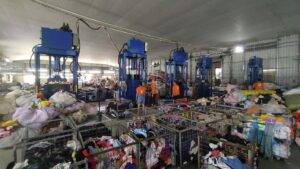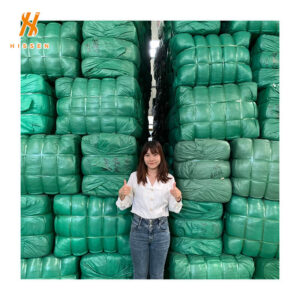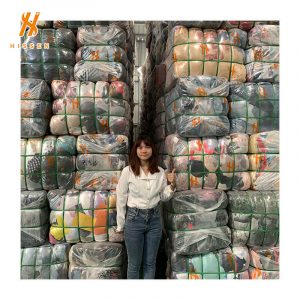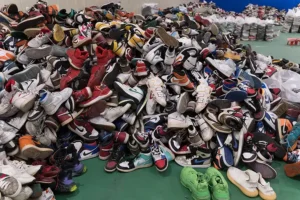Why do French people like to buy and sell second hand clothing?

Secondhand clothing. France is known as the fashion capital and the center of fashion trends, where countless world-renowned cutting-edge brands originated. On the streets of Paris, there are fashion blockbusters that can be captured everywhere. Galeries Lafayette, and the ever-changing customers of Paris Spring, there is a fashion atmosphere everywhere. But French people really look like what we have in mind, are they fashion buyers?
French in pursuit of comfort
With a little understanding, you will know that ordinary French people do not have much demanding and particular attention to wearing clothes. Comfort is the main demand. Even young people are not so eager to buy new clothes. The French people’s concept of treating clothes is much more environmentally friendly than ours. Only a very small number of people will buy designer clothes.
As early as 2016, Spartoo, an online second hand retailer in Europe, conducted a survey: every two French people have bought second hand clothing.

Why do French people like to sell secondhand clothing?
Price(second hand clothing)
The most intuitive advantage of buying second hand clothing is to save money. Whether it is second-hand purchases of popular brands or luxury goods, it is a big saving in expenses. Generally speaking, the price of second hand clothing can be saved by 50% to 70%. From this, it is easy to catch a glimpse of the consumption outlook of the French: saving money on clothing can provide them with a larger budget in other areas, such as better food (organic, small farmers…), Traveling, and so on.
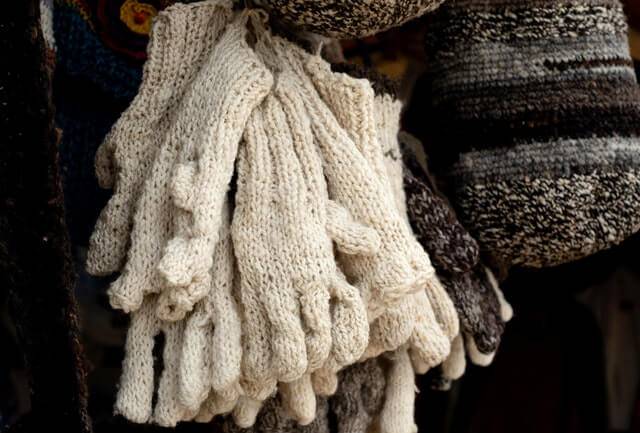
The French just don’t value clothes so much. It doesn’t mean they don’t pay attention to the quality of life.
Size changes(second hand clothing)
Why buy second-hand clothes? Many mothers have encountered the same issue. When it comes to children, purchasing clothing can be quite challenging. Children grow up too fast. Maybe the clothes bought this spring will not wear well in the fall. If they are short, they won’t be able to wear them. It’s a pity to bear it. There is no reason to give someone your own clothes in China. The cost is large, it is reserved to take up space, and it is not environmentally friendly to throw it away. If the concept of second hand clothing is introduced, this will no longer be a problem.

Environmental protection
Purchasing second hand clothing means bringing them a second life, reducing the amount of waste to be processed, no need to consume excess raw materials, and relatively reducing transportation. Of course, it is the most beneficial for the environment.

Cleanliness and toxicity
Cleanliness is the fundamental reason why many people reject second hand clothing. But many people have not considered that buying new clothes also bears the risks of cleanliness and toxicity. The new clothes that are made through multiple processes are bright and beautiful, but they may contain toxic products such as lead, arsenic, or nickel. Only after multiple washings can they be lightened or washed away.
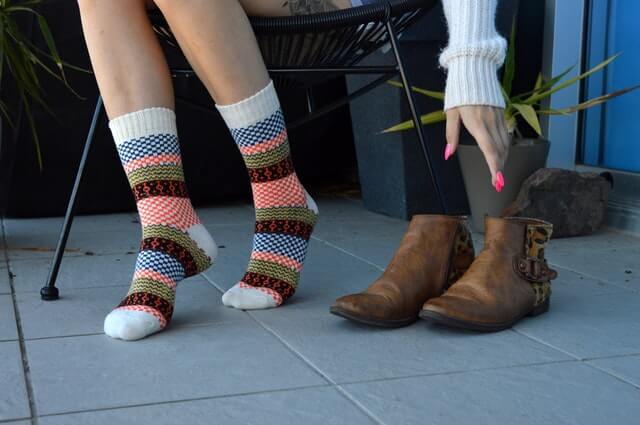
From this point of view, second hand clothing is undoubtedly a good choice.
Reduce guilt(used clothing)
Buying and selling second hand clothing will reduce your guilt, especially when you update your wardrobe more frequently. So if you want to change your clothes, you will have fewer worries. After all, how much you can comfort yourself that you have brought a second use to a piece of clothing.
click here to know more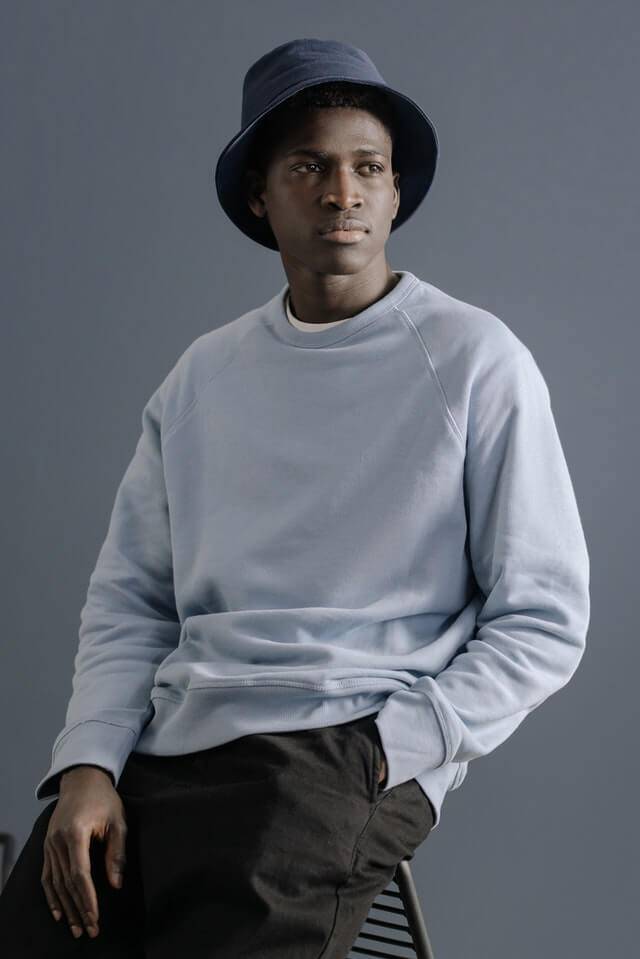
In fact, there is more fun in buying and selling second hand clothing. For example, you can bargain directly with the seller and feedback on the price you can accept to the seller on the Internet. The seller can agree or refuse. It is very convenient to operate, which saves a lot of visiting physical stores in person. You can also ask for free postage, or check the authenticity of the item in person, and so on.
Secondary consumption/retro culture
In France, and even throughout Europe, based on the original intention of protecting the earth and the environment, second hand clothing, second-hand stores, and similar concepts of secondary consumption have their own world. Whether it’s cars, shoes, clothes, watches…the second-hand market from online to offline stores is more like a unique cultural existence.
Buying or using secondary goods is not shameful, and it will not be considered dirty, poor, or worse.
In addition to Galeries Lafayette and Paris Printemps, second-hand vintage shops in Le Marais, the third arrondissement of Paris, are also popular destinations for many tourists. Shopping desires can be greatly satisfied, and will not be reduced by the “second-hand” label. On the contrary, some items become more distinctive and special over time.

The way to pursue beauty
In the second-hand store in Marais, clothes are sold by kilograms in a fully self-service shopping environment.
There are many similar retro second-hand stores in Marais. How to buy better clothes with less is the wisdom of the French, and it is more like a charm.
For many girls, buying new clothes is like a wish that can never be fulfilled, and it also seems to be a way to pursue beauty. And the expansion of similar consumption concepts is actually a huge waste of resources. The clothes that can be worn clearly have been shelved and abandoned because of the pursuit of fashion and the pursuit of freshness. Including the clothing market’s more pursuit of rich materials, complex workmanship, fine tailoring… all these will lead to excessive resource consumption.

Secondhand clothing Conclusion
For many people, the consumption concept of second hand clothing may still be difficult to understand because we cannot know who has worn second hand clothing once. Similarly, in France, some people do not accept second hand clothing. But this cultural phenomenon is more representative of the consumption philosophy of most French people.
Learn more


